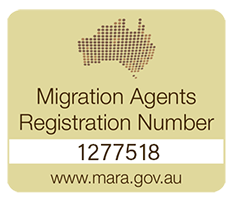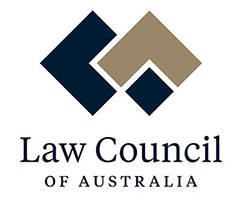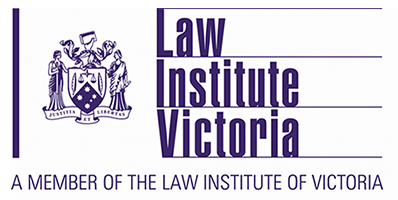First Legal & Migration Services can help you with the following four types of Powers of Attorney used in Victoria:
- General Non-Enduring Power of Attorney – appoints someone to make financial and legal decisions on your behalf for a specific period of time, for example, if you are overseas and need someone to manage your financial affairs while you are away. This power of attorney can also be general in nature authorising the attorney to do anything that you may lawfully do. A General Non-Enduring Power of Attorney cannot be used for health or lifestyle decisions and has no effect once you lose the capacity to make decisions yourself.
- Enduring Power of Attorney – appoints someone to make legal, financial and personal decisions for you. This power of attorney continues even if you lose the capacity to make those decisions yourself.
- Appointment of Supportive Attorney – appoints someone to support you in making personal or financial decisions. This power of attorney is used when you still have decision making capacity, but need help in making decisions.
- Medical Treatment Power – appoints someone to make medical treatment decisions on your behalf if you cannot make them yourself. An advance care directive can be made at the same time, which provides direction on the the medical treatment you consent to or refuse and lists your preferences and values regarding medical treatment.
Who can make a Power of Attorney?
Anyone over the age of 18 who has the capacity to understand the nature and consequences of the document can make a Power of Attorney.
When should I make an Enduring Power of Attorney or Medical Treatment Power?
Before you need them! These documents safeguard your interests in the event of something unforeseen – an accident or illness that robs you of your capacity to make decisions for yourself. It is better to be prepared and confident in knowing that the person you choose will be making important decisions about your money, your living arrangements and your health.
Who should I appoint to be my Attorney?
You need to appoint someone you trust to make the right decisions.
What are the legal responsibilities of my Attorney?
They are legally responsible to you and must act in your best interests. While you have mental capacity, they must obey your instructions. They cannot give gifts to themselves or to anyone else unless you specifically authorise this and they must keep their finances and money separate from yours, keeping accurate records of all their dealings with your money.





















